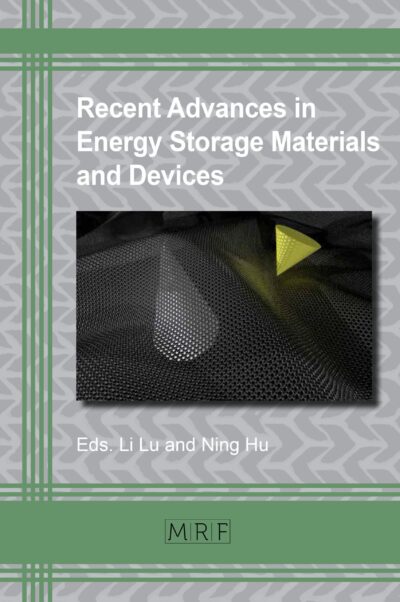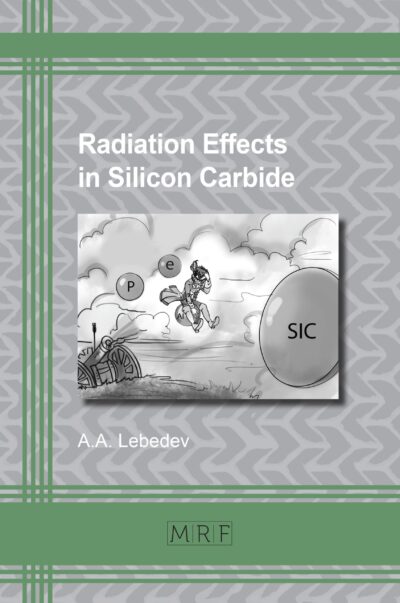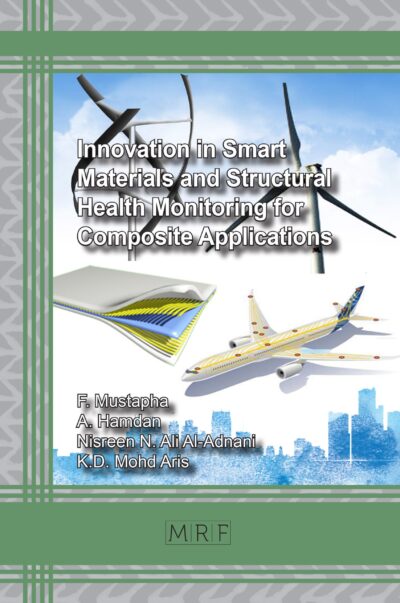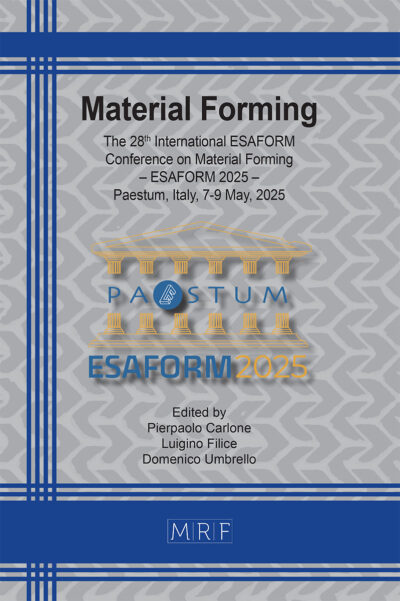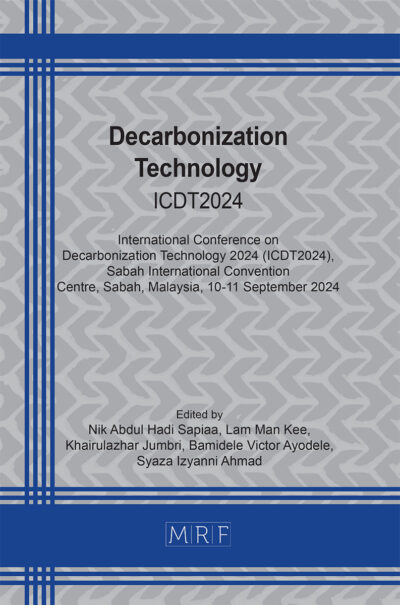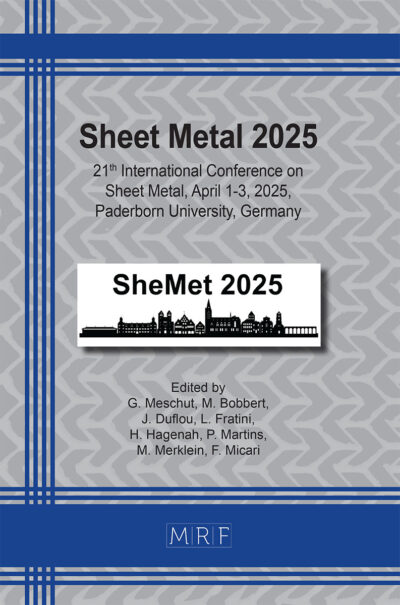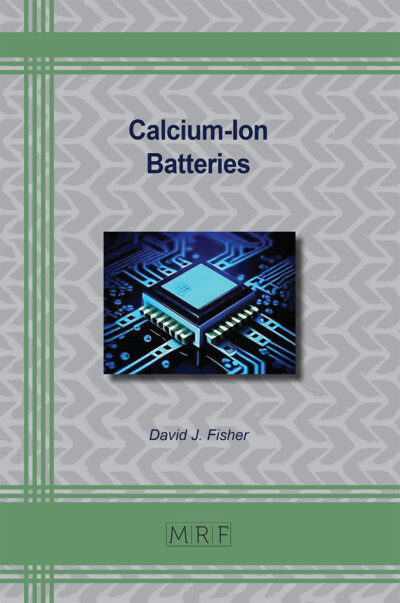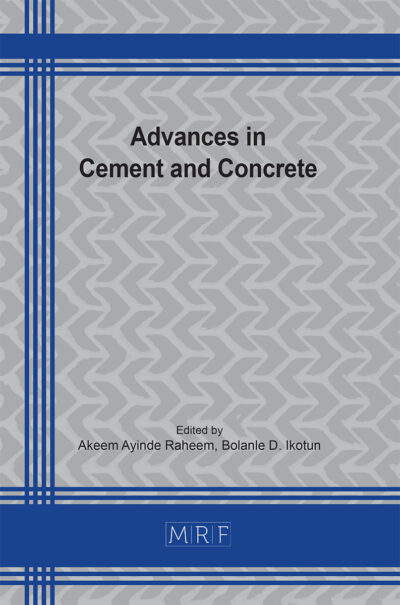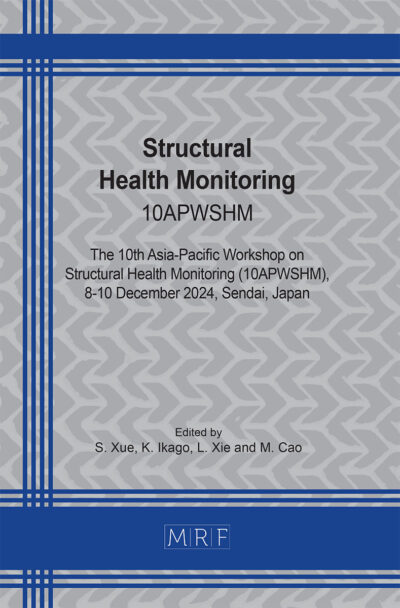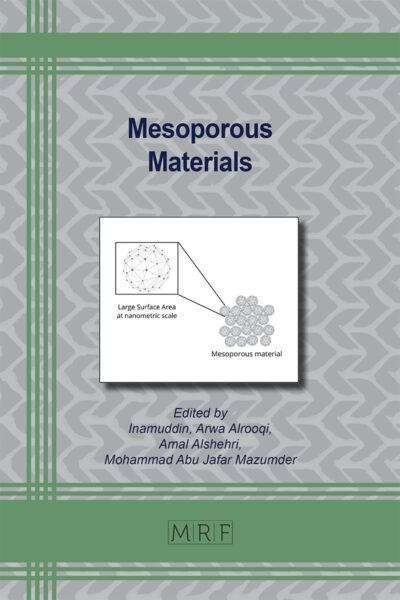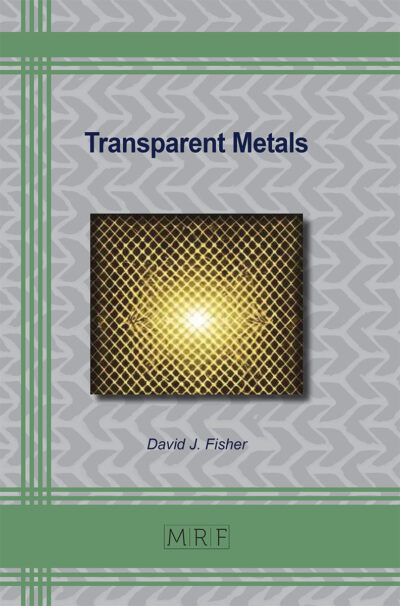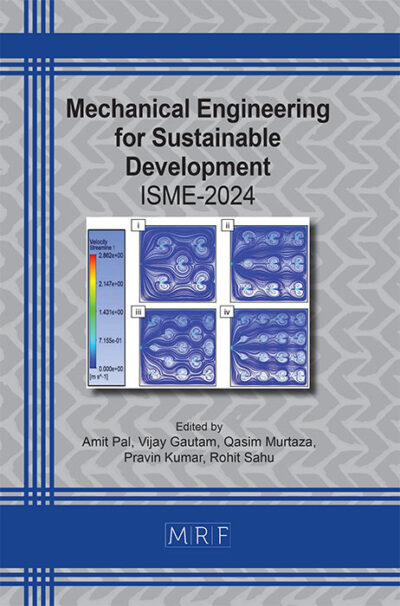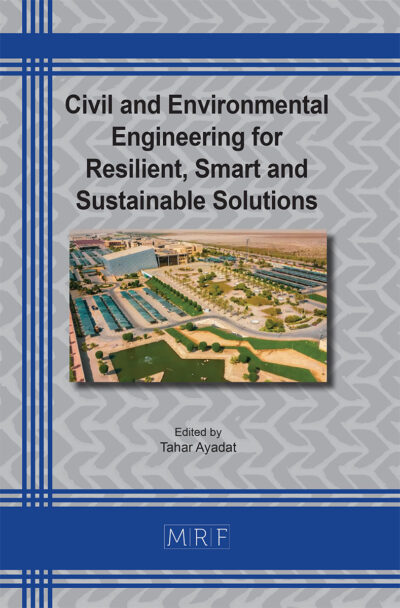Biomass Based Energy Storage Materials
Eds. Inamuddin, Rajender Boddula, Tauseef Ahmad Rangreez and Abdullah M. Asiri
Materials Research Foundations Vol. 78
Publication Date 2020, 150 Pages
Print ISBN 978-1-64490-086-4 (release date August, 2020)
ePDF ISBN 978-1-64490-087-1
DOI: 10.21741/9781644900871
The book presents an in-depth review of biomass-derived materials for energy storage technologies. Biomass is the most renewable and abundant carbon resource and has great potential for sustainable energy production. Topics covered include: Bone Char as a Support Material to Build a Microbial Biocapacitor; Biomass Derived Composites; Lignin- and Bamboo Derived Materials, Cellulose-Derived Electrodes; Water Splitting, Fuel cells, and Supercapacitor Technologies. 465 References.
Keywords
Bamboo Stick, Biochar, Bioelectrodes, Biofilm, Biomass, Bone Char, Carbon Nanofiber, Cellulose-Derived Electrodes, Fuel Cells, Green Energy, Microbial Biocapacitor, Biomass Derived Composites, High-Frequency Supercapacitors, Lignin Materials, Bamboo Materials, Lithium-Ion Batteries, Lithium-Sulfur Batteries, Natural Precursors, Porous Carbon, Supercapacitor Technology, Water Splitting
Table of Contents
Bone Char as a Support Material to Build a Microbial Biocapacitor
E.D. Isaacs-Páez, B. Cercado
Nature Inspired Materials for Energy Storage
Nelson Pynadathu Rumjit , Paul Thomas, Shivani Garg, Chin Wei Lai, Mohd Rafie Bin Johan
Biomass Derived Composites for Energy Storage
Pitchaimani Veerakumar and King-Chuen Lin
Lignin-Derived Materials for Energy Storage
Paul Thomas, Nelson Pynadathu Rumjit, Shivani Garg, Chin Wei Lai, Mohd Rafie Bin Johan
Bamboo Derived Materials for Energy Storage
Sivagaami Sundari Gunasekaran, Thileep Kumar Kumaresan, Shanmugaraj Andikaddu Masilamanai, Kalaivani Raman, Raghu Subash Chandra Bose
Cellulose-Derived Electrodes for Energy Storage
Shiqi Li, Wenyue Li, Zhaoyang Fan
Related Links
https://www.researchgate.net/publication/309757163_Biomass-derived_renewable_carbon_materials_for_electrochemical_energy_storage


